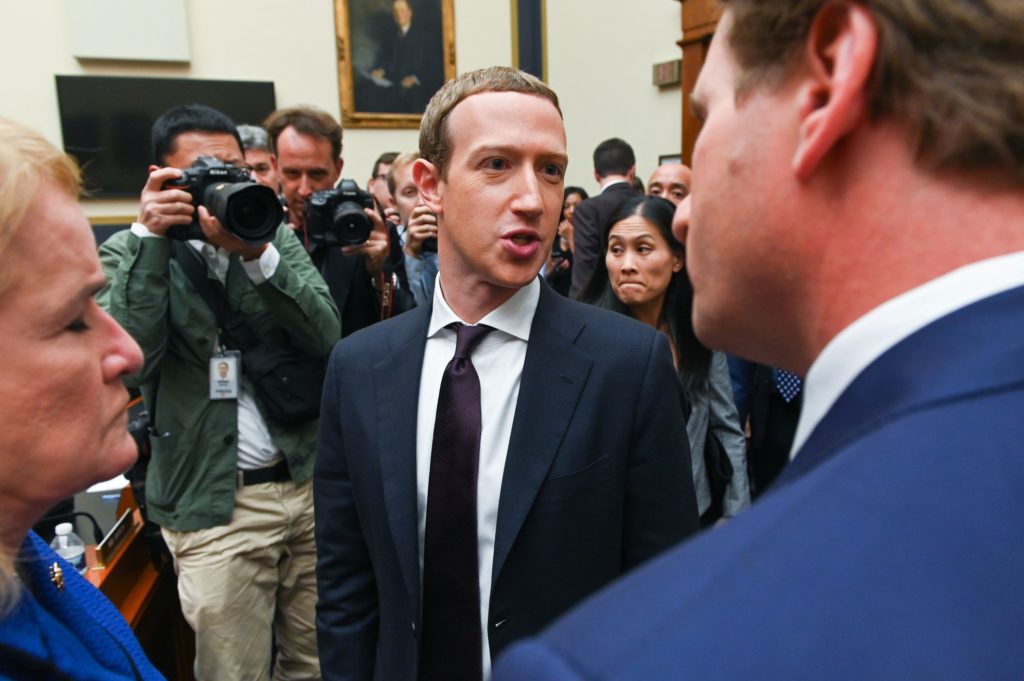 Is Facebook really limiting the use of sexually-suggestive emoji on its platforms? Yes, but the answer—as always—is more complex than it first appears.
Is Facebook really limiting the use of sexually-suggestive emoji on its platforms? Yes, but the answer—as always—is more complex than it first appears.
Reports emerged this month, initially from an adult industry news website called XBIZ , that the Mark Zuckerberg -led website had recently updated its Community Standards with fresh restrictions on emoji use, suggesting this could negatively impact sex workers.
Facebook’s Libra Cryptocurrency Could Be Blocked in Europe, Politician Says Read more The safeguarding guidelines, seemingly updated in September, cover both Facebook and the popular picture-focused application Instagram , falling under a ” Sexual Solicitation ” policy.
Since the initial XBIZ reporting, some tabloid outlets have furthered the story using headlines that appear to suggest there will now be an absolute ban on the use of sexually-suggestive emoji , which have become a second language on the internet.
This isn’t exactly the case, although the wording of the social media guidelines remains fairly broad.
To violate the policy, a user’s post must meet two criteria: it has to contain an “offer or ask” [ ie .asking for sex, asking for nudes or asking for explicit chats] alongside “suggestive elements,” including “contextually specific and commonly sexual emoji or emoji strings.”
Suggestive elements also includes “imagery of real individuals with nudity covered by human parts, objects or digital obstruction, including long shots of fully nude bottoms” and “mentions or depictions of sexual activity such as: sexual roles, sex positions, fetish scenarios, state of arousal, act of sexual intercourse or activity (sexual penetration or self-pleasuring).”
The first criteria impacts posts that “implicitly or indirectly” offer or ask for sexual material.Indirect requests include posts that provide a separate method of contact, reps said.
If the material is deemed to break the rules it could be scrubbed from the platform.It is not exactly clear now Facebook is scanning the website for offending content, but likely uses the mixture of human moderators, user reporting and automation already in place.
Essentially, sexual emoji , like eggplants, peaches and tongues, are not being totally outlawed on the platforms, but they are being restricted when posted alongside a sexual “ask.”
“[Content] will only be removed…if it contains a sexual emoji alongside an implicit or indirect ask for nude imagery, sex or sexual partners, or sex chat conversations.
We aren’t taking action on simply the emoji ,” a Facebook company spokesperson told Newsweek .
It will not affect all users, but one consequence of the policy may mean that anyone using accounts for sex work or pornography could be impacted.For example, posting nude images with emoji covering genitalia may now be flagged.Gizmodo has previously reported on how the social network’s algorithms potentially expose the identities of sex workers.
Facebook says it restricts language that “may lead to solicitation because some audiences within our global community may be sensitive to this type of content and it may impede the ability for people to connect with their friends and the broader community.”
In an earlier statement to The Daily Dot , a company spokesperson confirmed the changes, but also said that its enforcement of the policy was already well in effect.
The spokesperson said: “We publish these changes on our Community Standards site so our community is aware.With this update, nothing changed in terms of the policy itself or how we enforce it, we simply updated the language to make it clearer for our community.”
The rules work alongside the existing adult nudity and sexual activity policy, which bans the posting of visible genitals, real or implied intercourse , erections and extreme fetishes.
This post from a throwaway account remains online, for now.emojis
Facebook CEO Mark Zuckerberg speaks about the new Facebook News feature at the Paley Center For Media on October 25, 2019 in New York City.
Drew Angerer/Getty Request Reprint & Licensing , Submit Correction or view Editorial Guidelines.
